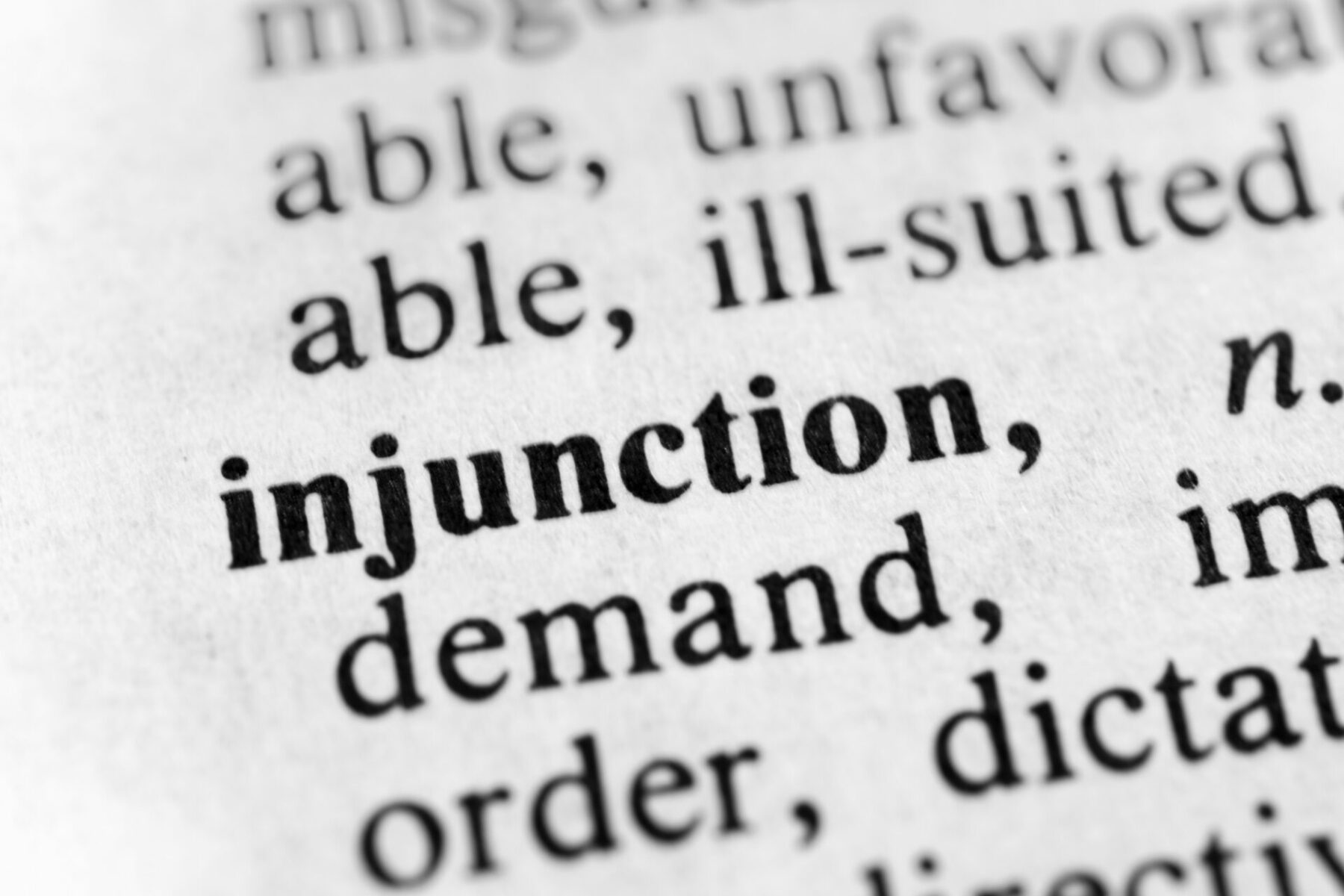
This short article focuses upon the Court of Appeal’s recent decision in the case of Re H (A Child: Domestic Abuse) 2024 EWCA Civ 326 in which it considered the father’s appeal against a child arrangements order under which he was to have no face to face contact with his 3 year old son for an indefinite period of time.
The case is of particular interest as it highlighted the balancing exercise that sometimes face courts in difficult circumstances when trying to continue direct contact between a child and a non-residential parent whilst also maintaining the stability of the placement with the primary carer of the child. It also provided the Court of Appeal with an opportunity to set out again the relevant principles to be considered in such cases.
The factual background to the case is set out fully in the judgment of Jackson LJ, but it appears that the relationship between the child’s parents was quite toxic. The relationship had been a violent one and both parents had obtained non-molestation orders against each other. At a fact-finding hearing the court made a finding that each of the parent’s behaviour had been very poor and that they had lost sight of the damage that attacking each other might do to the child. The mother had lied to obstruct contact and the father had engaged in coercive and controlling behaviour. Both had used the police and social media to attack each other.
At the conclusion of the fact-finding hearing a consultant psychiatrist was instructed to undertake assessments of the parents in which the parents were described as having complex mental health needs and the child had special needs of his own. Parenting assessments were undertaken by an independent social worker who endorsed the view that the child should remain living with the mother with support, but considerable concern was expressed about the father’s attitude towards the mother and a fear that it could lead to ongoing harm to the child and to mother. The father was said to lack insight or motivation to change. The independent social worker’ recommendation was that the father’s contact should be limited to indirect contact until he was able to evidence change.
At the time of the final hearing the father was still having supervised contact with his son which was said to be enjoyed by both. After hearing the evidence the court at first instance determined (in what was described as a finely balanced decision) that the father’s contact should be limited to indirect contact three times a year and the father was restricted in knowing where the child lived or attended nursery or school or any other information which might identify his whereabouts. The court determined that the risk of harm to the child was greater than the risk of harm he would experience by ceasing it.
The only consolation for the father was that the situation may be temporary and that direct contact might resume in the future if both parents were able to engage in therapy and self-improvement. Nonetheless, the father sought to appeal. His grounds were that the court had placed undue weight on the evidence of the psychiatrist and that the court had erred in ruling that direct contact should cease.
The first ground of appeal was rejected quite quickly; the psychiatrist being one of four professional witnesses who had broadly formed the same view.
However, the Court of Appeal acknowledged that it had been a difficult decision for the trial judge and where the court had been forced to search for the least harmful scenario.
The Court of Appeal was mindful that section 1(2A) of the Children Act 1989 provides that a court should presume, unless the contrary is shown, that the involvement of a parent in a child’s life will further that child’s welfare. When considering whether the contrary is shown, the Court effectively endorsed the approach to be taken in domestic abuse cases as set out in the judgement of MacDonald J in D v. E (Termination of Parental Responsibility) [2021] EWFC 37 that included the following points:
- The welfare of the child is paramount and the child’s best interests take precedence over any other consideration
- Whilst there is a positive obligation to try and promote contact it is not absolute
- Excessive weight should not be placed on short-term problems and the court needed to take a medium and long term view
- Contact should only be terminated in exceptional circumstances and where there are cogent reasons for so doing and as a last resort
- Has the court taken all necessary steps to facilitate contact as can reasonably be demanded in the circumstances of the case
- The court must also have regard to the principles set out in Practice Direction 12J, and in particular to paragraphs 35 to 37
The Court of Appeal reiterated that this approach was consistent with an analysis of the right to a respect for family life under Article 8 ECHR.
Jackson LJ was clear: “… the court must approach the fundamental welfare assessment that underlies every decision with full alertness both to the inherent value of the parent-child relationship and to the significance of any harm that a contact order may entail for the child or for the parent with care. Where these considerations conflict, the court must identify the best solution for the child or, where there is no good solution, the least worst one”.
